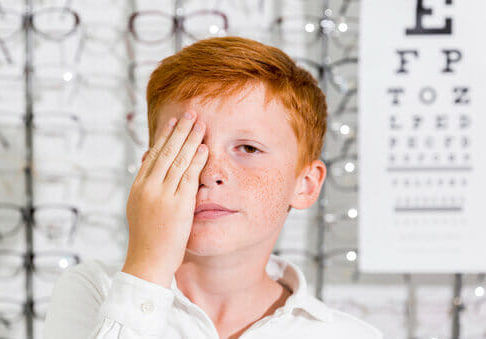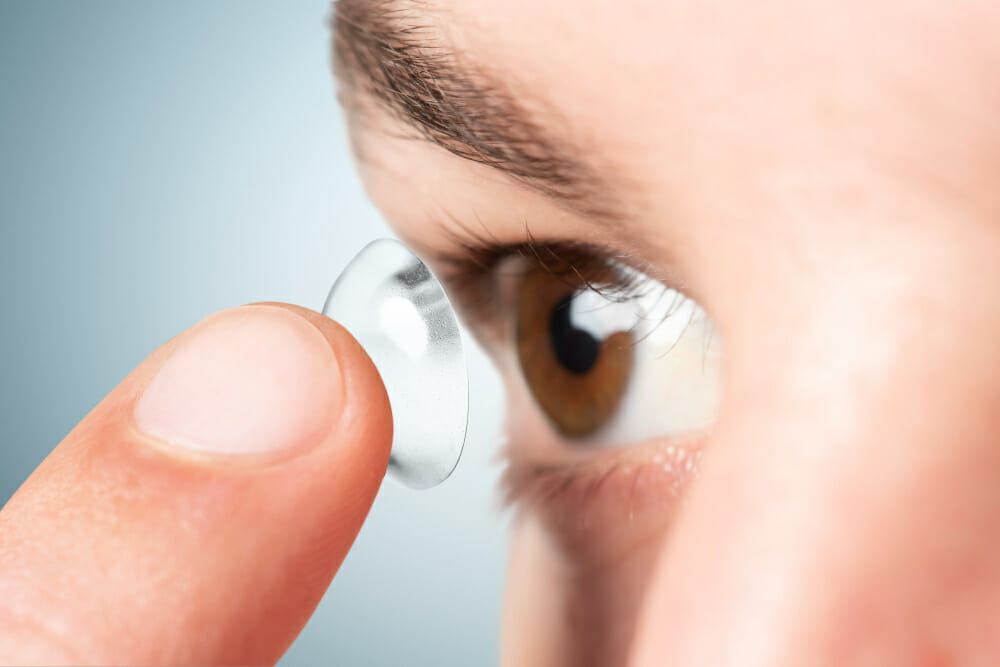It is estimated that up to 90% of patients who experience a concussion may encounter some form of vision-related symptoms or problems. Concussions are a common type of brain injury that can cause a range of symptoms, including headaches, dizziness, and blurred vision. While rest and avoiding physical activity are often recommended for concussion recovery, […]
- Home
- About Us
- Neuro-Rehab
- Vision Therapy
- Low Vision
- Sports Vision
- Medical and Routine Eyecare
- Medical Eyecare
- Eye Exams
- Contact Lenses
- What is Myopia Management?
- Contact






